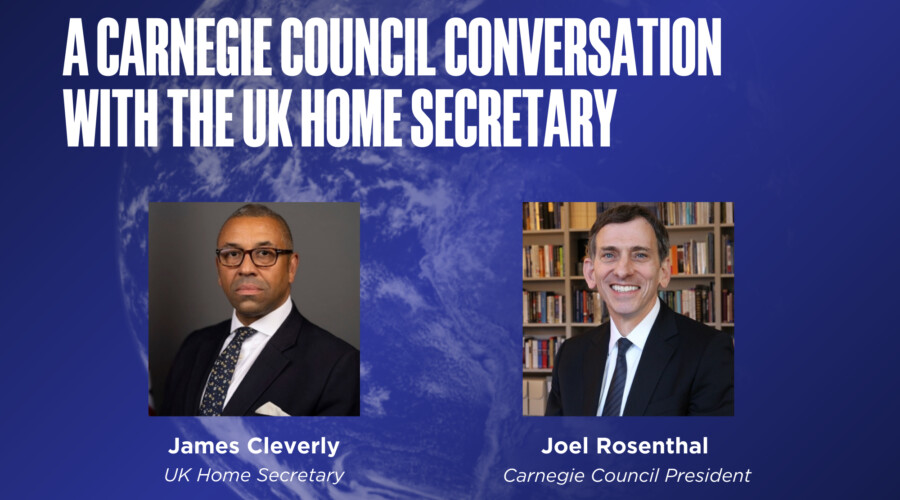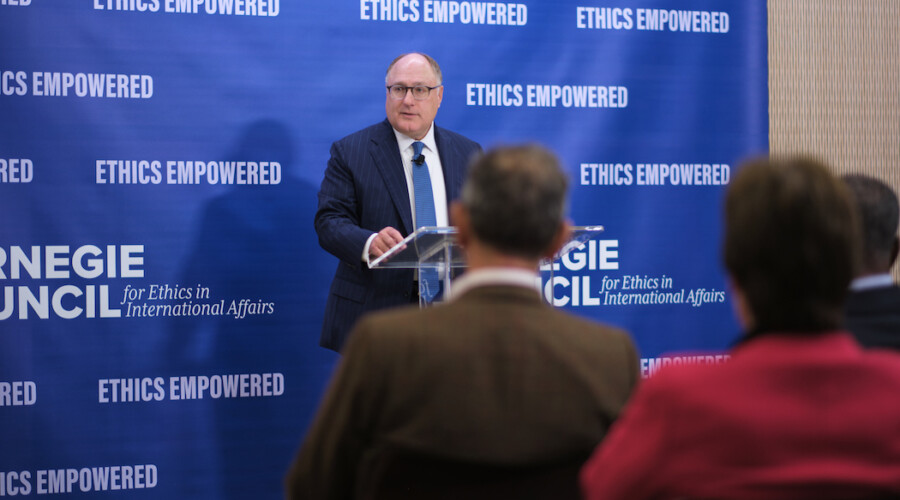Private contractors bring important skills to tasks outside the capability or mission of military personnel, but they are not accountable to the government or American people. Is this political cover valuable? What about the hidden costs?
The Middle Ages commonly saw the employment of Swiss Guards and professional companies with specialized training.
In the American Revolution, the British used Hessians, often conscripts sold into service, who became an added insult.
French Foreign Legionnaires were effective, paid volunteers, incorporated directly into the military, not mercenaries.
Mercenary suggests skilled, no-nonsense action, but also has an undertone of hired killers to whom only money matters.
Today we call them private contractors, hired for tasks outside the capability or mission of a nation's civil and military personnel.
"According to the Congressional Research Service, contractors...accounted for 48 percent of the Department of Defense work force in Iraq and 57 percent in Afghanistan."
A few were torturers; more frequently they train, drive trucks, manage technology, or provide security. Often, they are efficient specialists like Swiss Guards, and their motives are more than money.
However, one senior Afghani suggests that as little as 25 percent of aid actually hits the ground, the rest siphoned off by contracts and sub-contracts, legal corruption.
Contractors also are not directly accountable. They report to private bosses, not ultimately to the American people.
Finally, using contractors allows people and politicians to look away. Who sees the contractors' caskets come home? Neither their plunder nor sacrifice is in the national debate.
To complete a difficult task, are contractors' specialized skills and political cover valuable? What about the hidden costs? What do you think?
For more information see: Thomas Friedman, "The Best Allies Money Can Buy," The New York Times, November 4, 2009, p. A31.


